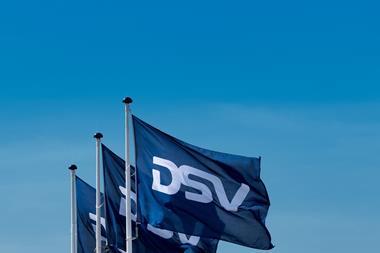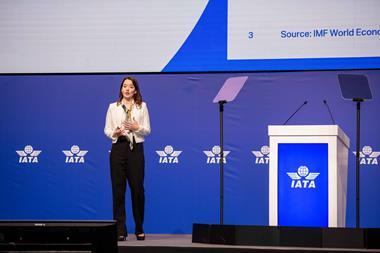The air cargo industry is seeing increasing pressure to up its environmental performance, according to air cargo group TIACA's latest sustainability report.
The association's third annual survey found that 64% of respondents believe that sustainability pressure has increased compared to last year, mainly driven by customers and regulators.
The report also highlights a clear link between environmental, social and governance (ESG) action and reputation, as reported by 85% of respondents.
Meanwhile, the report also found that sustainable aviation fuel (SAF) commitments are making slow progress and are led by large companies.
“Sustainability is clearly on the minds of our industry colleagues and while 'Sustainability' is a broad concept, through our work we are able to bring awareness to the industry that it is more than just the environment. Sustainability is doing good for the planet, people and business and at TIACA we like to do this through partnerships and innovation,” said Glyn Hughes, TIACA director general.
The association recently called on the industry to make sure that Sustainable Aviation Fuel (SAF) decarbonisation targets are met.
The report also found that 75% of respondents felt that sustainability is more important than last year, and 76% of companies confirmed they have a sustainability strategy in place.
More companies have dedicated teams and budgets to drive sustainability, with 52% of companies producing sustainability reports.
Additionally, 9% of companies indicated a reduction in energy consumption in their operations, while 50% of companies have upgraded their fleets to cleaner aerial and ground vehicles.
Compared to the first assessment in 2020, this year's survey saw a 28% increase in respondents.
TIACA said that the report’s findings will continue to drive its sustainability positions and strategy and address each of the eight key objectives from TIACA’s Sustainability Roadmap.
In addition to People, Planet, and Prosperity, the report urges the industry to take the following actions: set the sustainability agenda, ramp up the sustainability resources, address workforce challenges with a people-focused strategy, build trust in the business by joining the BlueSky programme, raise sustainability awareness, and get ready to address customer requests and regulation.
TIACA also said that more emphasis needs to be placed on the role the industry plays in creating economic value.
Companies that place staff attraction and retention as the number one objective are most likely to invest in innovation, according to 96% of respondents.














